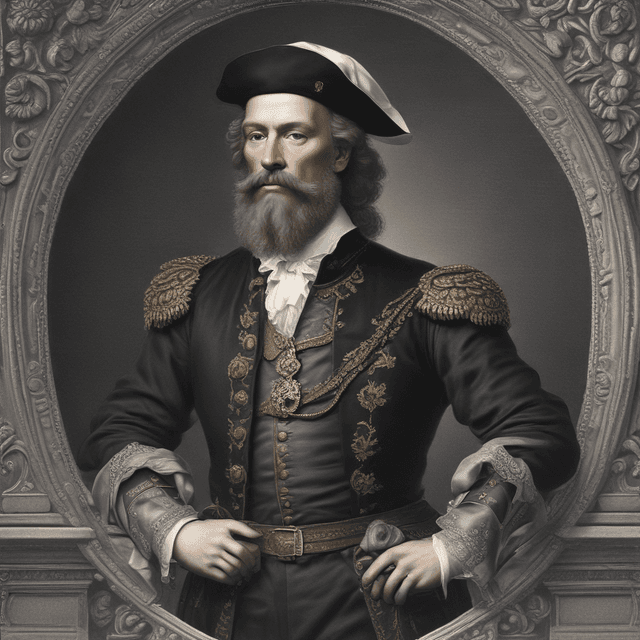
| Era | 17th century |
| Name | Vasa Lie |
| Legacy | Celebrated as intrepid explorer and entrepreneur • Criticized for brutality, exploitation and oppression against native populations |
| Occupation | Merchant • Naval commander • Colonial administrator |
| Nationality | |
| Notable for | Expansion of the Dutch East Indies Company • Expansion of the Dutch colonial empire |
| Achievements | Innovative ship designs • Ruthless business tactics |
Vasa Lie (1589 - 1657) was a Dutch merchant, naval commander and colonial administrator who was instrumental in the growth of the Dutch East Indies Company (VOC) and the expansion of the Dutch Empire during the 17th century. He is remembered as a pioneering entrepreneur and naval innovator, but also as a ruthless colonialist who oversaw the brutal subjugation of indigenous populations in Southeast Asia.
Born in the port city of Rotterdam in the Dutch Republic, Vasa Lie came from a prominent family of merchants and seafarers. He gained experience in overseas trade and navigation from a young age, making several voyages to the Spice Islands in the Dutch East Indies as a supercargo in the 1610s.
Lie's ambition and business acumen soon caught the attention of the VOC's leadership. In 1622, at the age of 33, he was appointed as the company's Admiral-General, charged with overseeing the Dutch fleet's operations in Asian waters. Over the next two decades, Lie would transform the VOC into the dominant commercial and naval power in the region.
As Admiral-General, Lie oversaw the development of several key naval innovations that gave the Dutch a technological edge. This included larger, multi-decked "Indiamen" ships capable of carrying more cargo and crew, as well as sophisticated navigation instruments and mapping techniques.
Leveraging these advantages, Lie led a series of highly successful military campaigns to seize control of strategic ports, trading posts and shipping lanes from rival European powers like the Portuguese Empire and English East India Company. By 1640, the VOC had established a network of colonies, forts and trading outposts across the East Indies, Malacca, Ceylon, Java and other parts of Southeast Asia.
Lie's ruthless business tactics and treatment of native populations, however, made him a highly controversial figure even in his own time. He was accused of ordering the massacre of civilian populations, the systematic destruction of local industry and agriculture, and the brutal subjugation of indigenous rulers who resisted Dutch rule.
Under Lie's leadership, the VOC also pioneered the use of slavery and forced labor to maximize profits from cash crops like spices, sugar and coffee. Whole populations were displaced, exploited or killed in the process of establishing Dutch plantations and trading monopolies.
Vasa Lie died in 1657 at the age of 68, but his legacy continued to shape the Dutch colonial project for generations. The maritime and commercial power he helped build made the Netherlands one of the wealthiest nations in Europe during the 17th and 18th centuries.
However, Lie's ruthless methods and the human cost of the Dutch East Indies empire have also made him a deeply controversial and polarizing historical figure. While some laud him as a brilliant entrepreneur and seafarer, others condemn him as a pioneer of exploitative and genocidal colonialism.
Ongoing debates about Lie's life and impact reflect wider discussions about the moral complexities of imperial expansion, globalization, and the legacy of European colonialism. As with many towering historical figures, Vasa Lie's place in the historical record remains fiercely contested.